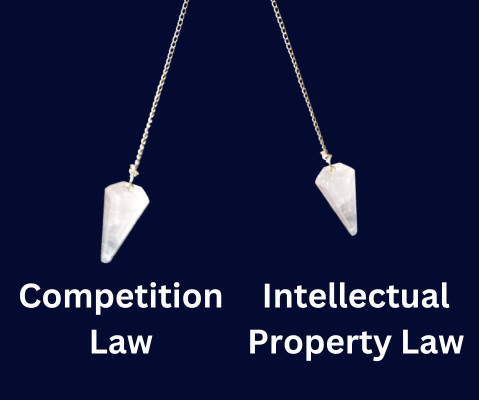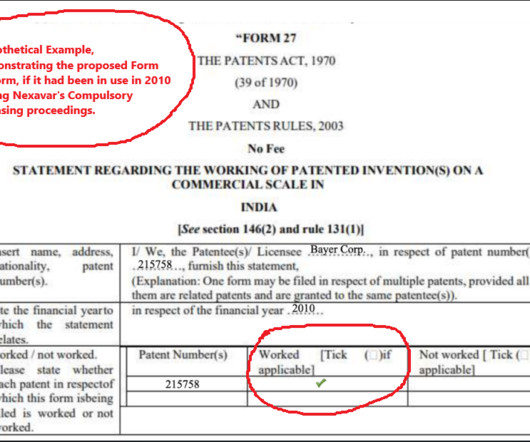Understanding Freedom to Operate (FTO) Concerning IP & Patents
Kashishipr
DECEMBER 28, 2021
Three pharmaceutical companies, including Enzon Pharmaceuticals, Micromet AG, and Cambridge Antibody Technology (now acquired by AstraZeneca), in September 2003 announced signing a non-exclusive cross-license agreement. To be specific, any aspect of the invention not covered in the claims isn’t considered to be protected.











Let's personalize your content